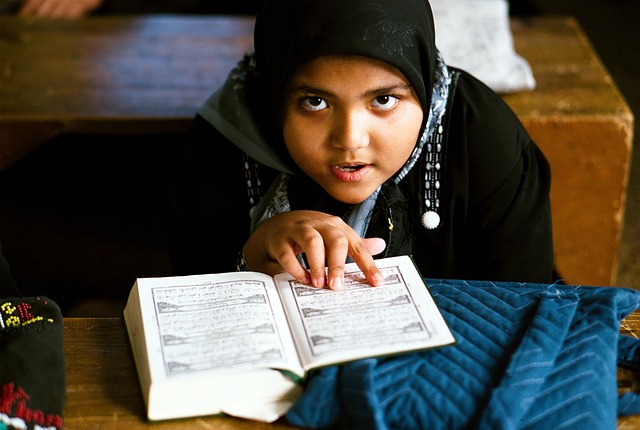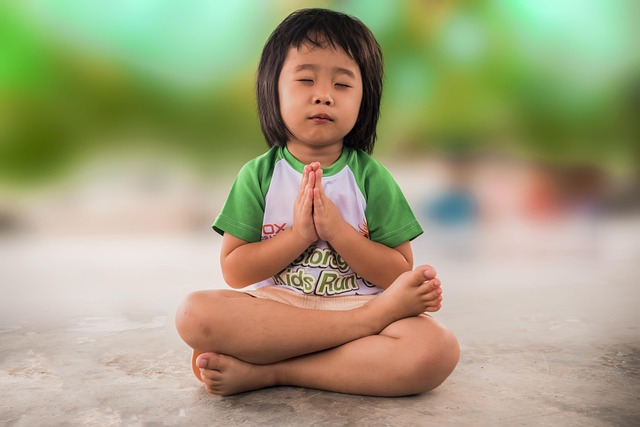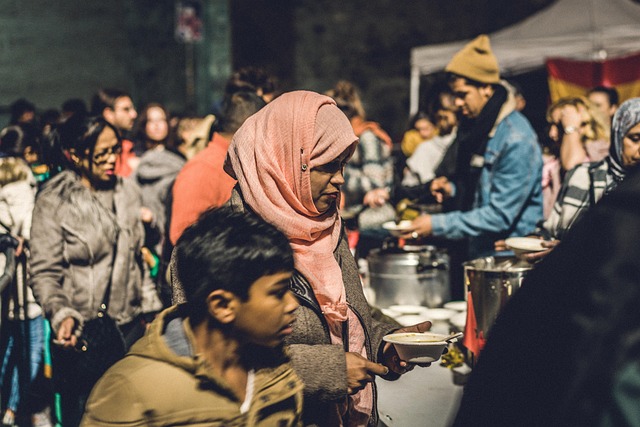Exploring the Impact of Religion on Community through Religious Education
In many communities around the world, religious education plays a pivotal role in shaping not only individuals but also the collective spirit that binds people together. Religious education is more than just the study of beliefs and rituals; it is a bridge that connects generations, fosters understanding, and encourages compassion among diverse members of a community.
Within the realm of religious education, individuals gain insight into the values and teachings of their faith traditions. This learning often extends beyond the classroom or place of worship; it permeates daily interactions and community activities. By deeply understanding the principles of their religion, community members can develop a shared sense of purpose and moral responsibility that strengthens social cohesion.
Religion, in its essence, offers a framework for community building. It provides narratives that explain our place in the world and guidelines for how we treat one another. Through religious education, these ideals are communicated, allowing communities to nurture empathy and respect among their members. When people appreciate the spiritual heritage that shapes their neighbors, barriers dissolve, making room for unity and collaboration.
Moreover, religious education often encourages service and engagement. Many faiths emphasize the importance of care for the vulnerable, charity, and justice. When these elements are rooted in educational programs, community members are inspired to act collectively to address social challenges. This shared commitment to service not only improves lives but also reinforces the interconnectedness of all within the community.
It is also important to recognize that religious education can be a source of interfaith dialogue. In increasingly multicultural societies, understanding the varied religious traditions present in a community can lead to greater harmony and peaceful coexistence. Programs that promote interfaith learning help dismantle prejudices and foster mutual respect, making communities more inclusive and resilient.
Ultimately, the impact of religion on community life through religious education is profound. It cultivates an environment where faith is a catalyst for positive relationships, collective action, and a deeper sense of belonging. For those seeking to enrich their community, investing in thoughtful and inclusive religious education can be a transformative path forward.




